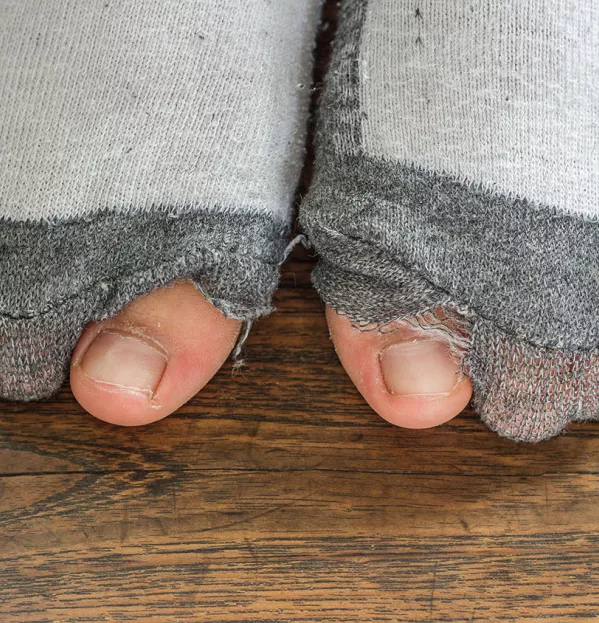We must listen to disadvantaged pupils in order to help them

Everyone in education wants young people to flourish. And intellectually, everyone knows that children all have different starting points. They know that, on average, disadvantaged children start school behind their more advantaged peers and that the gap only widens as they progress, or fail to progress, through school.
However, what most people don’t know is what these children need: what they don’t know or don’t have. That’s not because people don’t care but because the experience of some children is so vastly different from their own.
We are deep into Donald Rumsfeld territory. There are known knowns, because we have seen them; known unknowns, because other people have told us about them; but there are also unknown unknowns - the things we can’t possibly know because they are so far outside our frame of reference.
As Stephen Tierney, outgoing chief executive of Blessed Edward Bamber Catholic Multi Academy Trust in Blackpool, says: “When people say ‘What these children need is greater cultural capital’, I think: ‘Well yes, they do, but they also need food and a warm home and a bedroom where they can get some sleep’ ” (see tes.com).
Last year, I visited a school on an estate where disadvantage and unemployment had affected generations. The teachers were cock-a-hoop because they had secured work experience for a disaffected young lad. On his first morning, he was sent back to school because he smelled. In his house, there was no hot water, no washing machine and no one to advise him on how you were meant to turn up to work. To most people, this is obvious. But the starting point is very different if you come from successive generations who have not worked and you have none of the amenities or support many take for granted.
Into all of this comes Ofsted and its virtuous curriculum. For most middle-class children, a three-year GCSE course is not helpful; a broad curriculum and character-building stuff is much more advantageous. However, for disadvantaged children, it’s not that clear-cut.
Yes, it would be lovely to have music, art and character add-ons, but Sir Dan Moynihan, CEO of the Harris Federation, and Martyn Oliver, CEO of Outwood Grange Academies Trust, are right (see tes.com): if the currency of the land is qualifications, getting a job or into university without them is impossible when you have none of the advantages comfy middle-class status bestows.
No one wants to see the soft bigotry of low expectations applied to poor children. However, we have to really understand where they are starting from. Yes, we must ask them to jump high, but as well as looking up to see where they can go, we must learn to look down and see when they are standing in a ditch.
This, of course, all points to a deeper issue. Schools are middle-class institutions. They may not always be in middle-class areas or serve middle-class populations, but teaching staff are overwhelmingly middle class. And they are likely to remain so.
In a survey this week, 59 per cent of respondents said coming from a lower-income background would act as a barrier to going into teaching. They saw it as the hardest profession to enter from a lower-income background out of a list of eight and far more expensive than is actually the case.
While we have only white middle-class people identifying and discussing problems, we will continue to get only white middle-class solutions. We need to acknowledge and really understand the starting points for many children. Not just intellectually but through having more diversity in schools and different voices around the table when we debate how to help disadvantaged communities. We need to stop talking about them and try talking to them.
This article originally appeared in the 17 January 2020 issue under the headline “To help disadvantaged children, know where they’re coming from”
You need a Tes subscription to read this article
Subscribe now to read this article and get other subscriber-only content:
- Unlimited access to all Tes magazine content
- Exclusive subscriber-only stories
- Award-winning email newsletters
Already a subscriber? Log in
You need a subscription to read this article
Subscribe now to read this article and get other subscriber-only content, including:
- Unlimited access to all Tes magazine content
- Exclusive subscriber-only stories
- Award-winning email newsletters